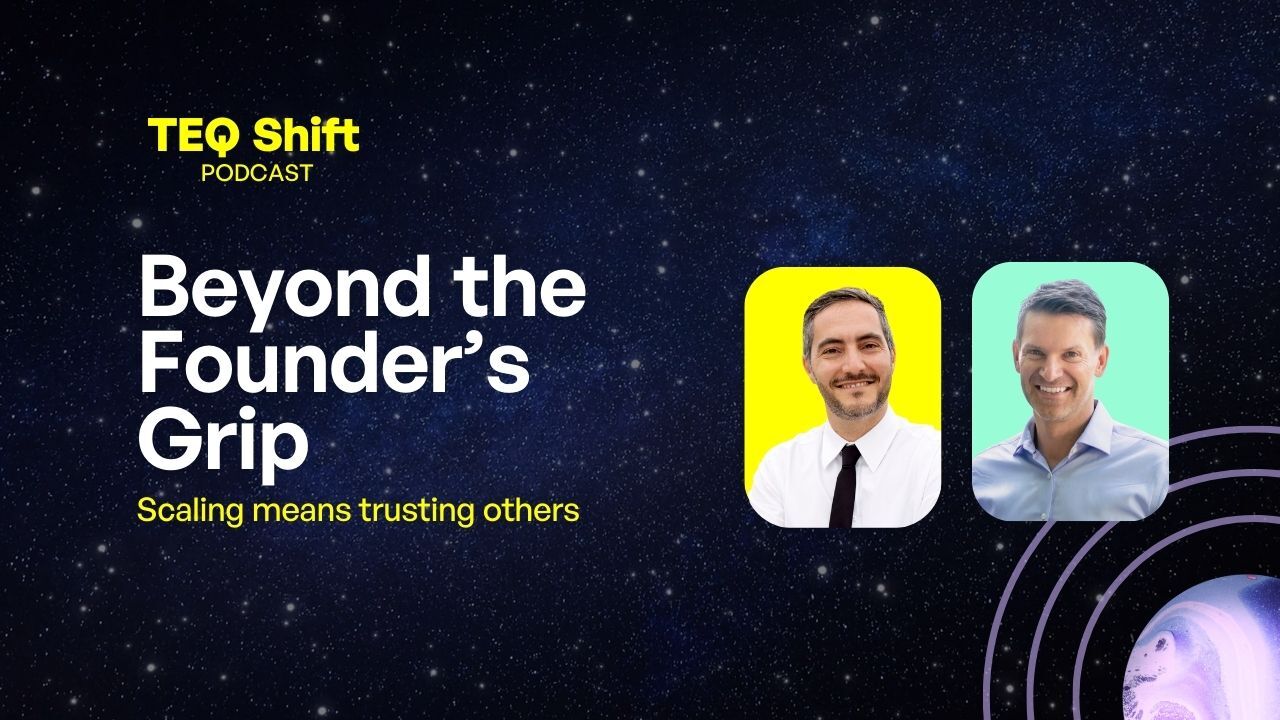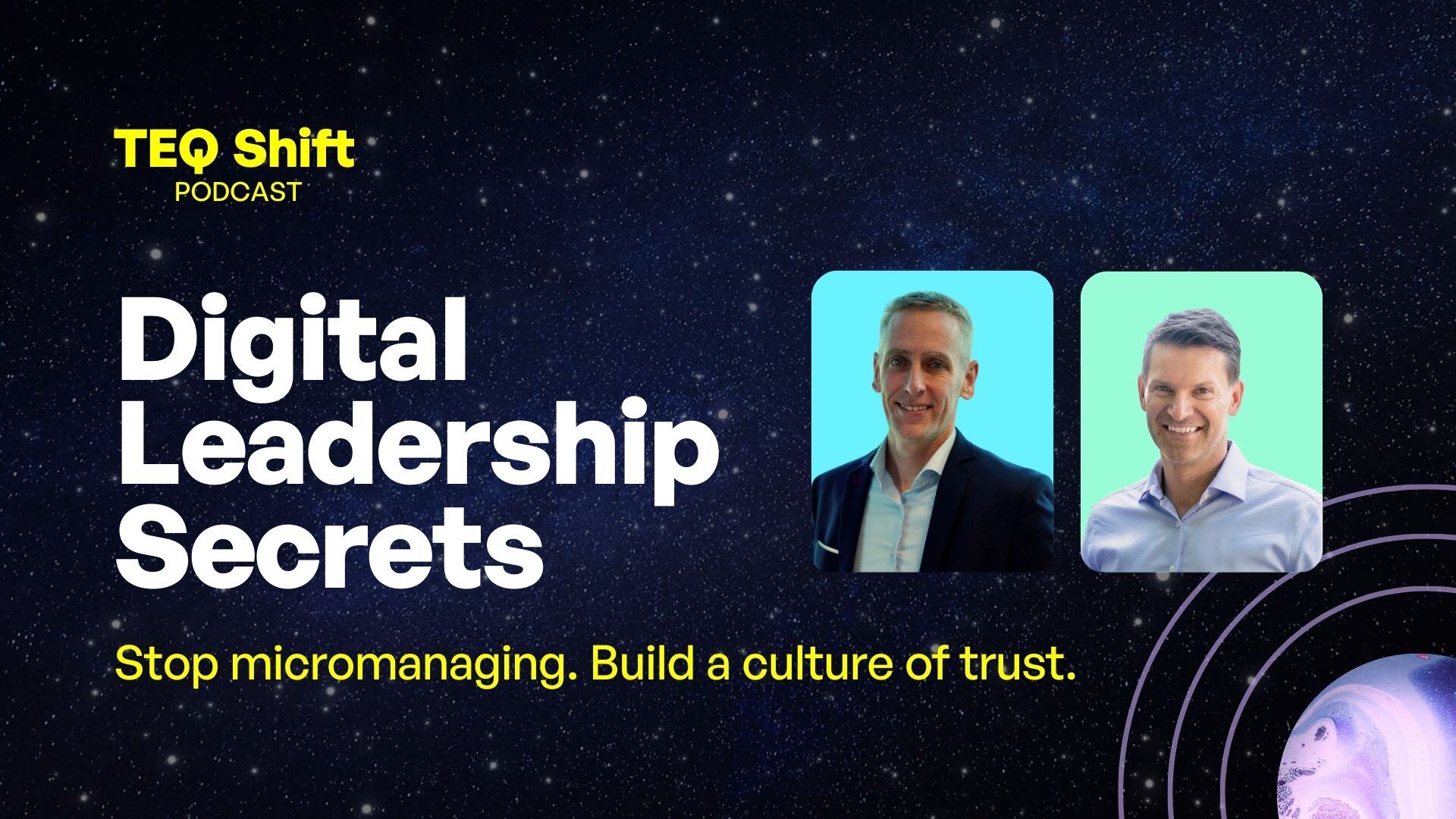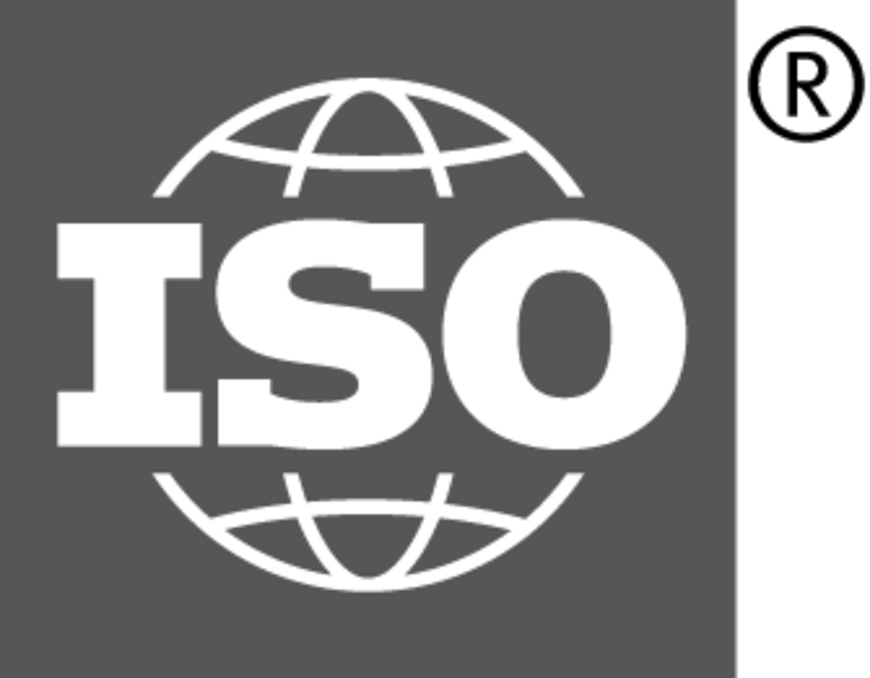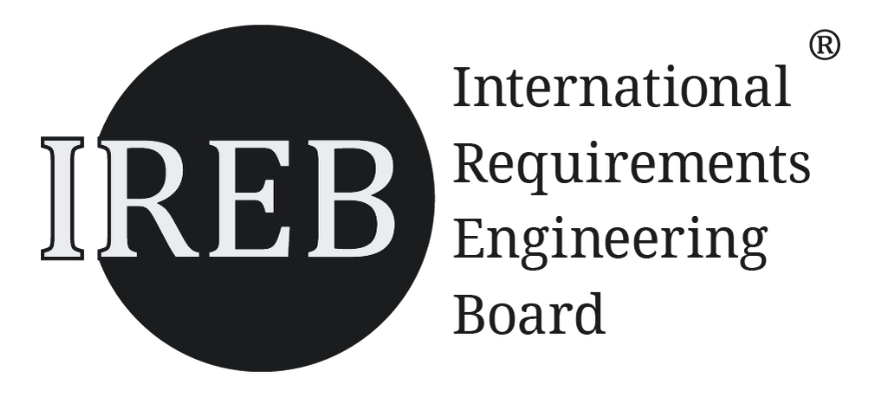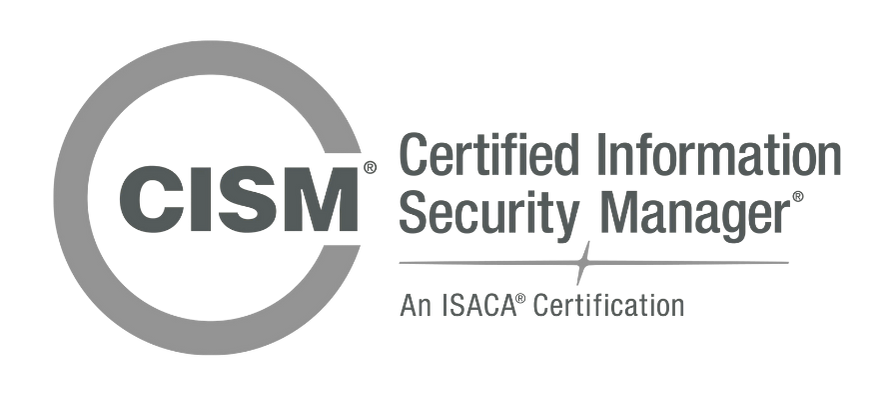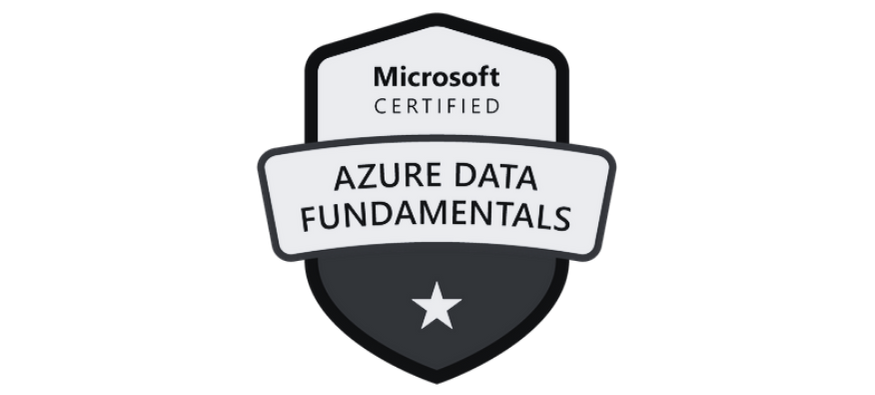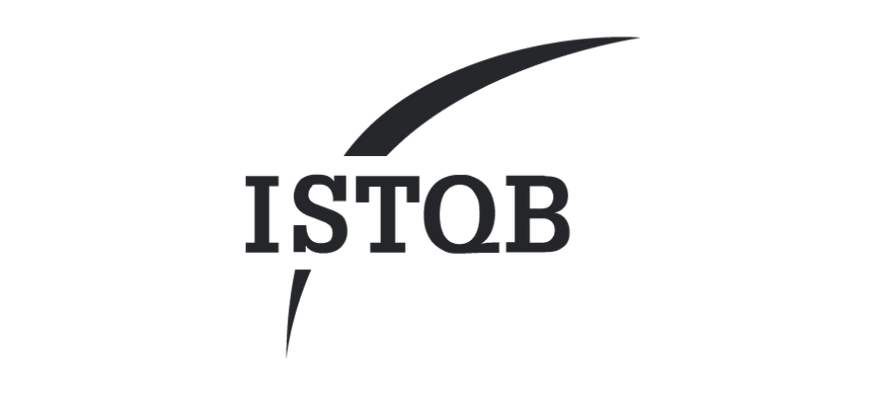Introduction
Scaling a company is never easy. For founders, the greatest challenge often isn’t about technology, funding, or even market fit... It’s about letting go. Many leaders struggle with the “founder’s grip”: the tendency to hold on tightly to every decision, every process, and every outcome. While this instinct might serve a young startup, it becomes a barrier when the business begins to scale.
In the TEQ Shift Podcast, Viktor Calabro, entrepreneur and founder, captured this tension perfectly: “At some point, you need to stop being the bottleneck. Scaling means trusting others to lead.” His reflections highlight a critical truth: growth requires leaders to step back, empower teams, and create structures that balance freedom with accountability, especially in remote-first environments.
Why Founders Struggle to Let Go
Entrepreneurs pour their identity into their businesses. They’ve been there from the start, solving every problem and shaping every decision. But as organisations grow:
-
Complexity multiplies. Decisions can no longer be centralised without slowing the company down.
-
Leadership layers emerge. Founders need to empower new leaders rather than compete with them.
-
Culture evolves. Founders can set the tone, but they cannot personally enforce values at scale.
Without recognising these shifts, companies risk creating a dependency on the founder that stifles growth.
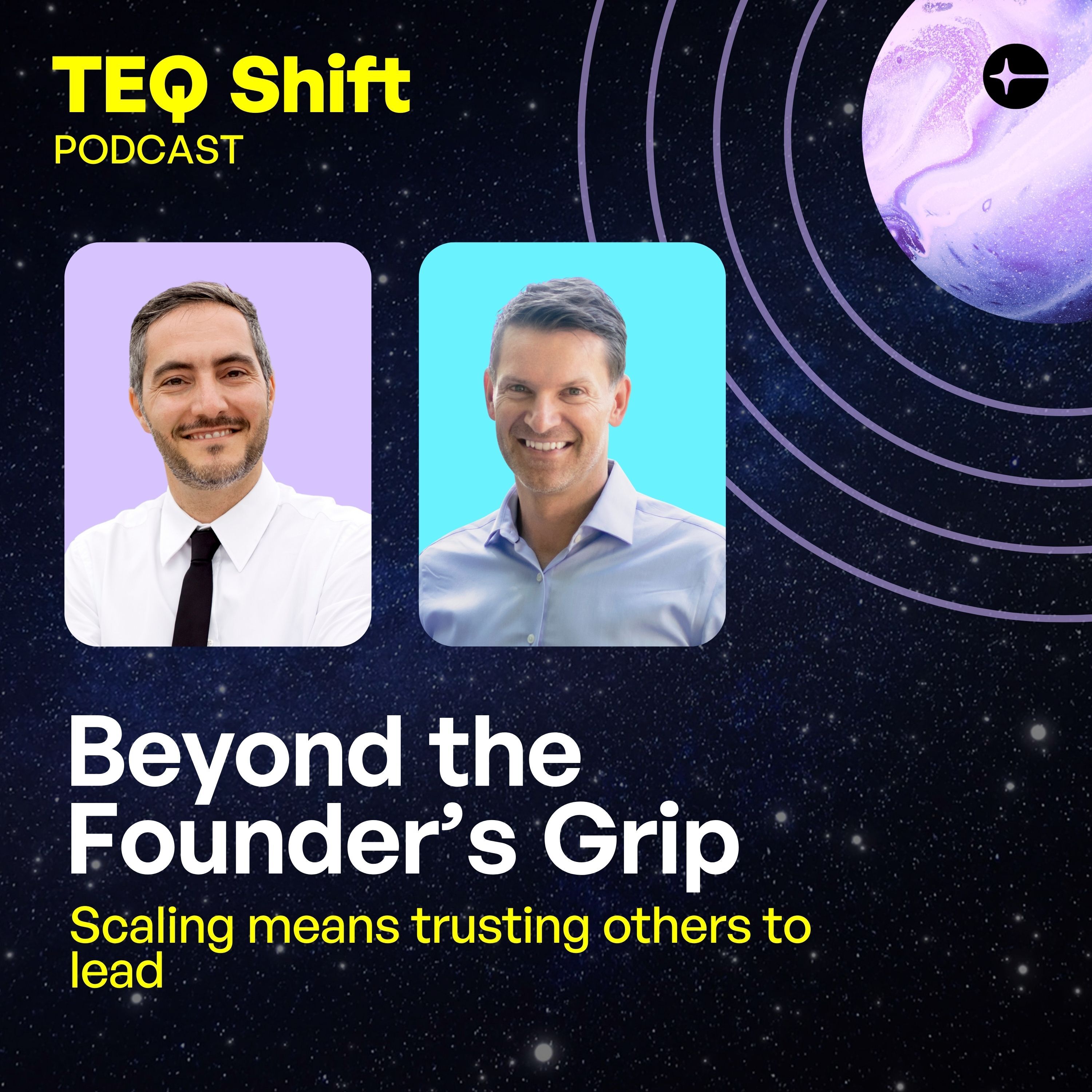
Remote-First: Freedom Needs Rules
Remote-first organisations face a unique version of this challenge. Distributed teams thrive on freedom and autonomy, but without clear rules and shared expectations, freedom quickly turns to chaos.
As Viktor put it:

“Remote doesn’t mean without rules. It means rules become even more important, because they replace presence with clarity.”
The most successful remote-first companies operate on two pillars:
-
Trust: Teams are empowered to make decisions, own outcomes, and work flexibly.
-
Structure: Transparent rules, clear accountabilities, and processes provide alignment without micromanagement.
This balance ensures that distributed teams remain productive, creative, and connected.
Practical Hacks for Leaders
Leaders who want to move beyond the founder’s grip and scale remote-first organisations can take several practical steps:
-
Define the non-negotiables. Set clear rules for communication, accountability, and values. Freedom thrives when boundaries are understood.
-
Build leadership layers. Identify and empower leaders who can carry responsibility. Don’t just delegate tasks, delegate ownership.
-
Trust, but verify. Use transparency and metrics to ensure accountability without slipping into micromanagement.
-
Prioritise culture. Culture isn’t enforced by proximity; it’s embedded in rituals, stories, and consistent behaviour.
-
Step back to see further. Founders who remove themselves from daily firefighting can focus on strategy, vision, and long-term growth.
Beyond Burnout: A More Sustainable Model
Many founders only learn to let go when they hit burnout. The truth is, sustainable companies — and sustainable careers — are built on shared leadership. By letting go of the need to control everything, founders not only free their teams, but they also free themselves to focus on the bigger picture.
Conclusion
Scaling requires more than capital or technology. It demands that founders evolve their leadership — moving from grip to guidance, from control to trust. For remote-first organisations, this shift is even more critical: success depends on balancing freedom with structure.
At CREATEQ, we work with leaders who are navigating this delicate balance. Because beyond the founder’s grip lies the real opportunity: building companies that are resilient, adaptable, and ready to grow without limits.

